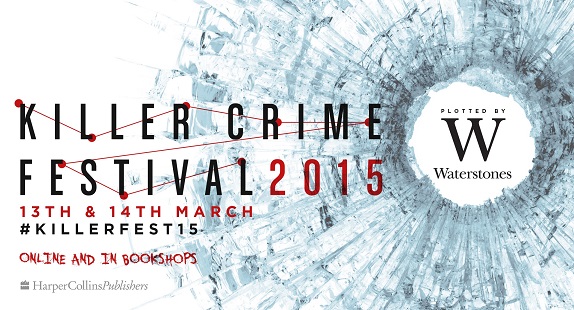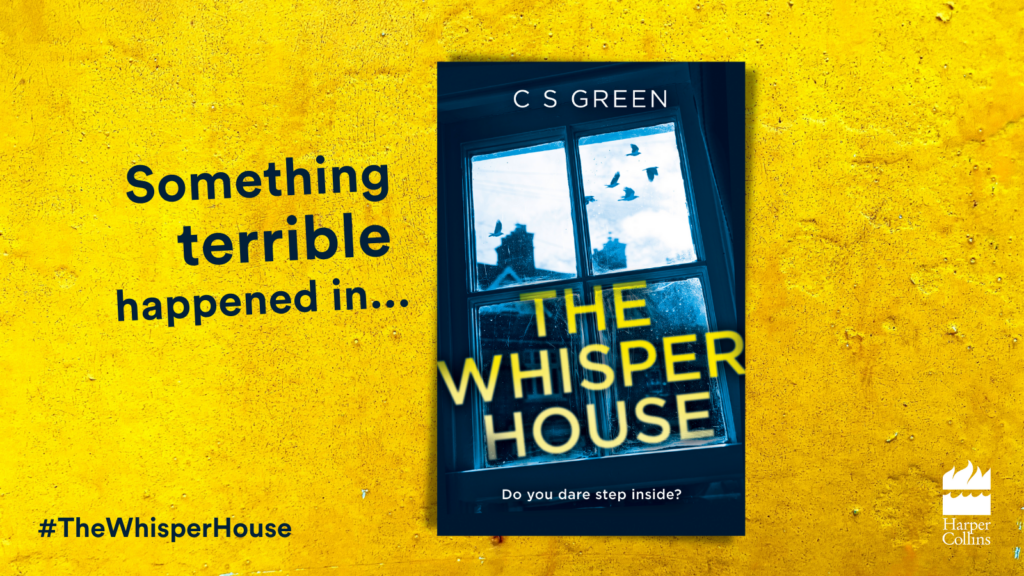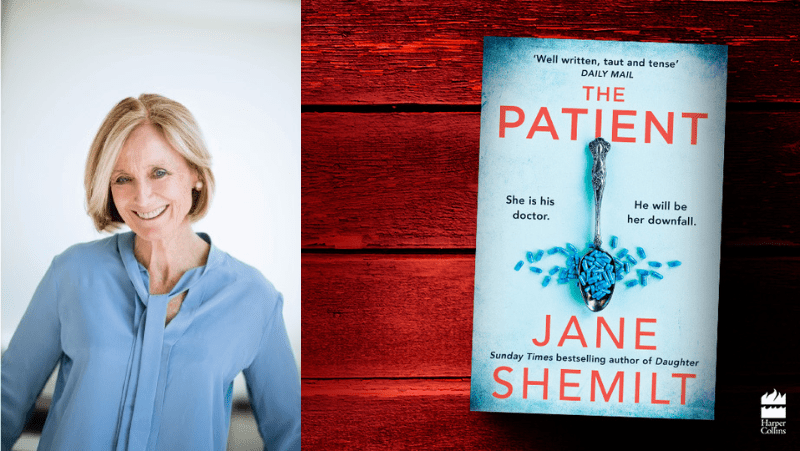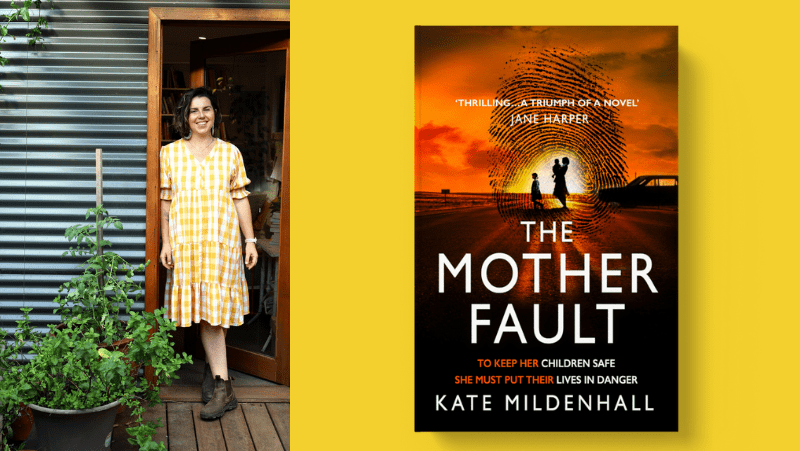Your (author) name: Fergus McNeill
Tell us about yourself: I run a studio that makes apps for mobile phones, and I’ve been designing games since I was a teenager back in the eighties… but really, I always wanted to be an author. My early games were interactive fiction titles, and I was lucky enough to work with Terry Pratchett on the very first Discworld adaptation, so I suppose I had “form”. However, it wasn’t until I joined a creative writing evening class that I finally stopped procrastinating; weekly homework deadlines got me into the habit of writing more regularly, and that got me published. Now, I’m doing a series of contemporary crime thrillers, as fast as my day-job allows.
Tell us about your latest book: My latest book is CUT OUT, the third outing for my Bristol-based detective Graham Harland…
“Nigel never meant for it to happen. At first, he just wanted to be Matt’s friend. But when he discovers he can hear what’s going on in the flat below him, his fascination with his new neighbour drifts into obsession.
Rearranging his furniture to recreate the layout of the rooms downstairs. Buying the same clothes, going through Matt’s post, his things. Becoming Matt without him ever knowing.
And it would have been all right, if Matt hadn’t brought the girl home.
When things spiral out of control, Detective Inspector Harland has to unravel the disturbing truth. But there’s far more to the case than meets the eye.”
When did you start writing? I suppose my first “real” writing was the narrative text for those early adventure games. I dabbled in many different genres – fantasy, sci-fi, comedy – and I was very fortunate that my interactive fiction became quite successful. However, I always wanted to do “proper” stories; where you care about the characters, not just about winning the game; where the writing can make you feel the strongest emotions. I blame this on Mrs Pearson, who taught me English Literature at school and, more importantly, showed me that language can be both beautiful and powerful.
Where do you write? It sounds odd, but I try to write “on-location” as much as possible. Because I didn’t live close to the locations in my first book, I felt I had to spend some time there, researching and getting to know the places better. I quickly discovered that this was hugely inspirational – like walking onto the film-set of my story – and it gave me a real insight into the characters and events I was describing.
Now, I try to visit the place I’m writing about at least every other weekend – taking my laptop so that I can sketch out scenes on the train, spending time in the locations, and writing in nearby cafes while my thoughts are fresh. The only downside is that I spend all my royalties on rail tickets!
Which other authors do you admire? There are so many, and the list is always growing, but I’m going to choose Robert Galbraith / J K Rowling. Being able to weave great stories and tell them so well is impressive… but to do so across multiple genres, and in such wonderfully different styles, has to be admired.
Book you wished you’d written? Tinker Tailor Soldier Spy by John Le Carré might not always be considered a crime novel, but I think it has all the hallmarks of a classic detective story. George Smiley is beautifully understated among a cast of compelling characters, unearthing the tiniest hints and clues to discover whodunit. The writing is unsurpassed, the mood crackles with quiet tension, and the bittersweet ending is just perfect.
Greatest fictional criminal: I really enjoyed the civilised menace of Hannibal Lecter from The Silence Of The Lambs. Mindless killers can come across as little more than dangerous animals with opposable thumbs, but how much scarier is the thoughtful monster, the murderer with manners? It’s telling that Lecter steals the show, despite being locked in a cell for much of the book, completely overshadowing the serial killer at large, who he’s been asked to identify.
Greatest crime or criminal from the real world: Undoubtedly it would be the time I parked up to get coffee one morning, and made it back to the car just as two traffic wardens came along the street. No ticket… the perfect crime!
Greatest fictional detective: Again, there are so many great options, but I’m going to choose Inspector Morse. The character from Colin Dexter’s books is quite different to John Thaw’s portrayal, but one doesn’t spoil the other. The written Morse is deeply flawed, can be wonderfully impetuous, and even a bit seedy at times. And yet it’s always exhilarating to spend time in his company, no matter how disagreeable he is – the mark of a great character.
What scares you? Loss. The thought of losing someone close terrifies me more than anything else. I think that’s why I chose to explore bereavement as a theme in my first novel, because it was the darkest, most dreadful place I could go. There are still bits of that book that I can’t read.
Are you ever disturbed by your own imagination? I can be quite squeamish, and there are certain things I simply won’t read – or write – about. Sometimes, I’ll have ideas that trouble me, but the real horror comes in researching them. Invariably, the most awful things I can imagine have already happened in real life, and that disturbs me most of all.
3 crime books you would recommend to EVERYONE
- The Murder Of Roger Ackroyd by Agatha Christie
- Raven Black by Ann Cleeves
- The Poison Tree by Erin Kelly
Do you listen to music when you write? I always listen to music while writing; it acts as a kind of “mental bookmark”, helping me pick up the mood from where I last left off, and heightening certain emotions. My iPhone playlist is full of film soundtracks and ambient / classical artists like A Winged Victory For The Sullen.
Are you on social media? On Twitter I’m @fergusmcneill and there’s a Facebook page. I also have a blog at www.fergusmcneill.co.uk
How can fans connect with you? I’m always on Twitter, so feel free to ask me anything, or come along to a book event. There’s nothing I like more than chatting about stories!





